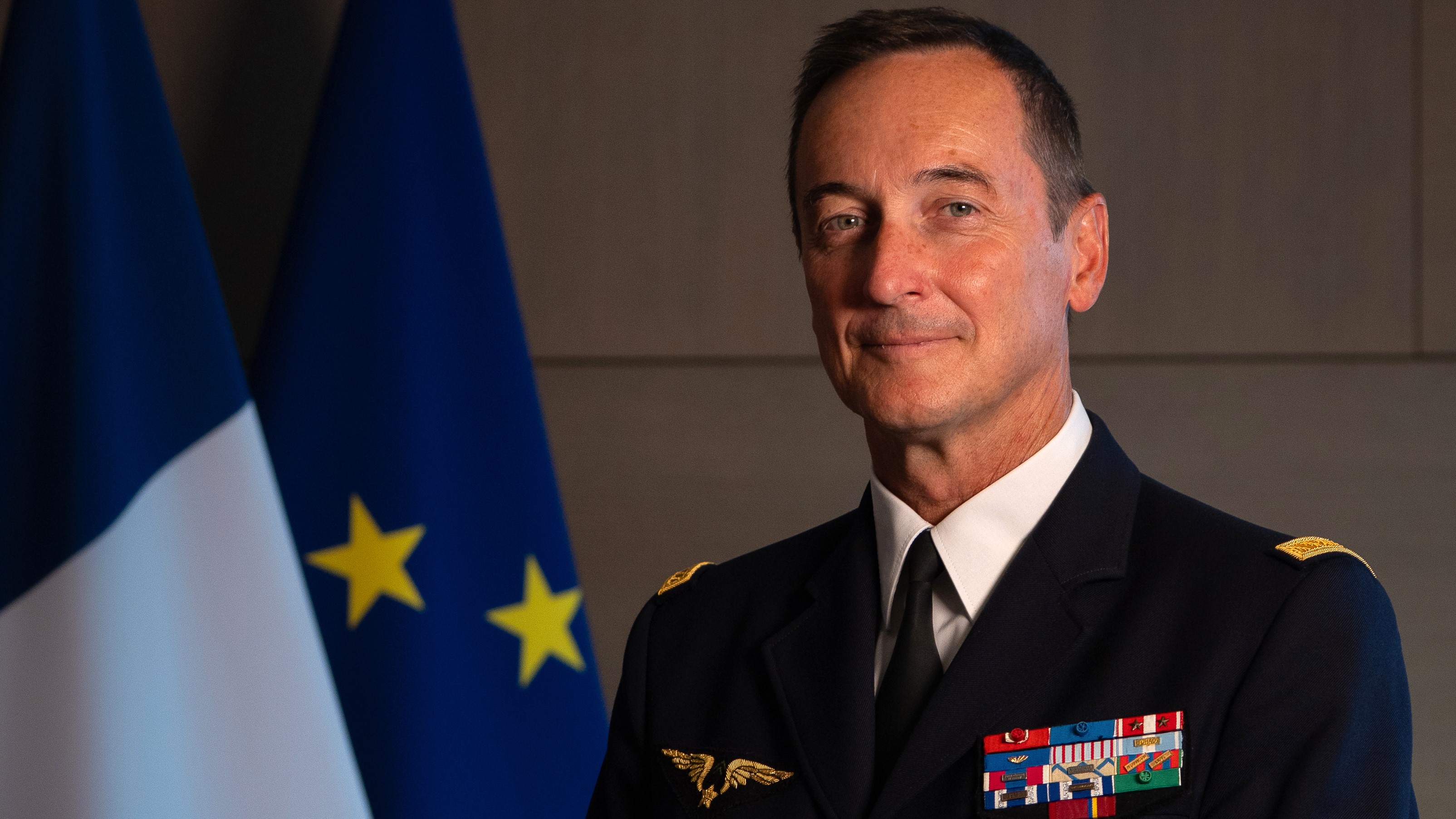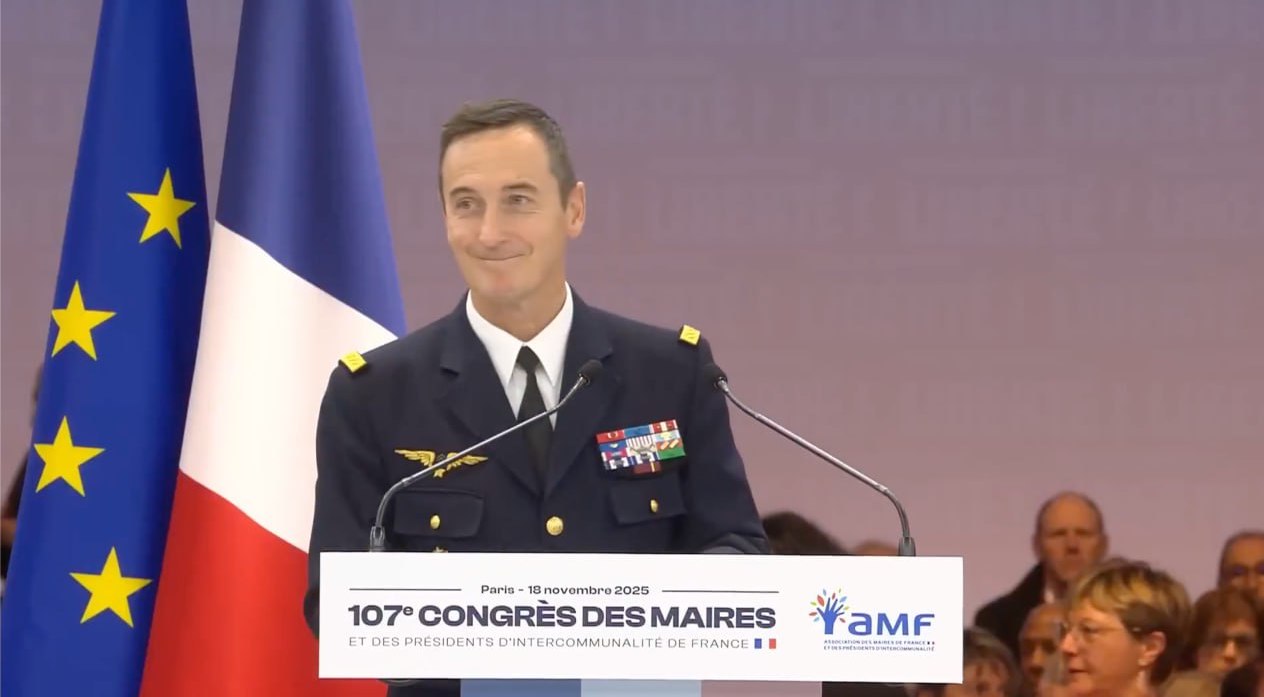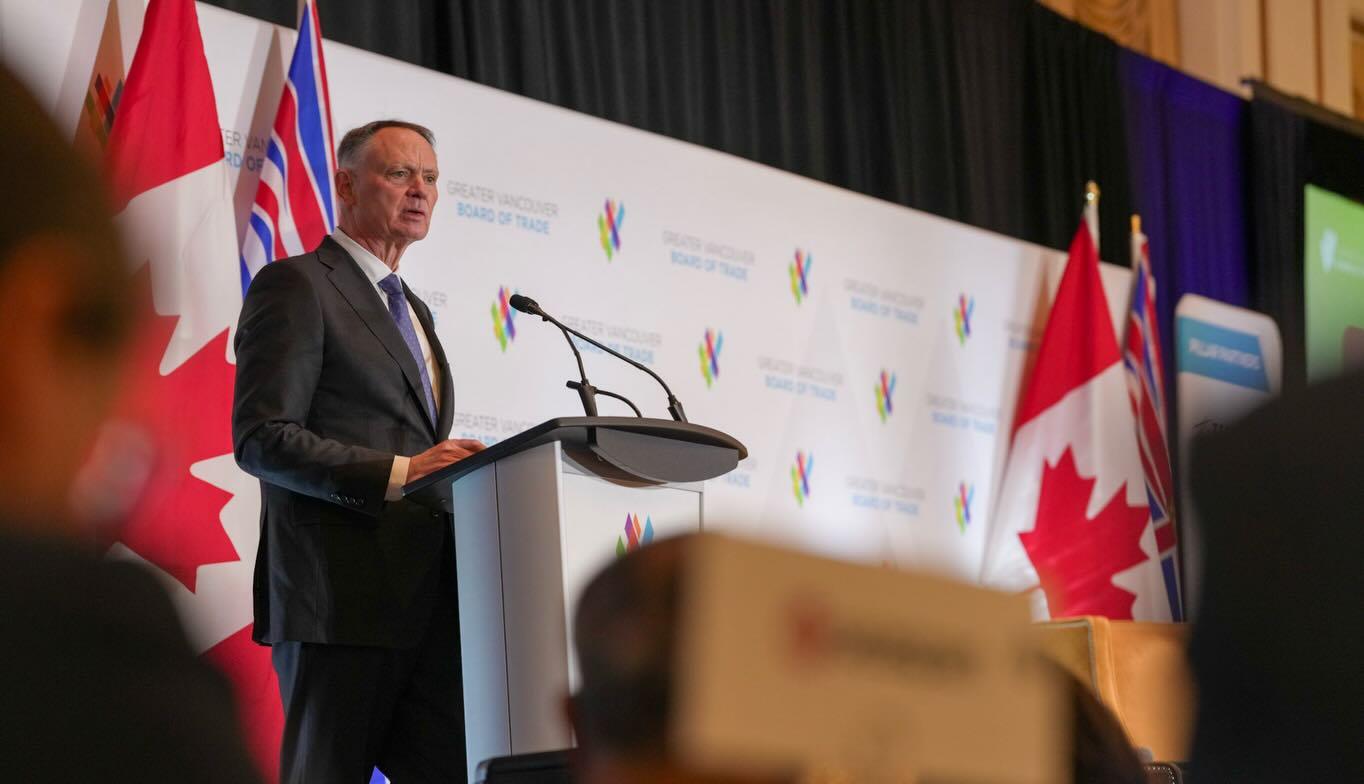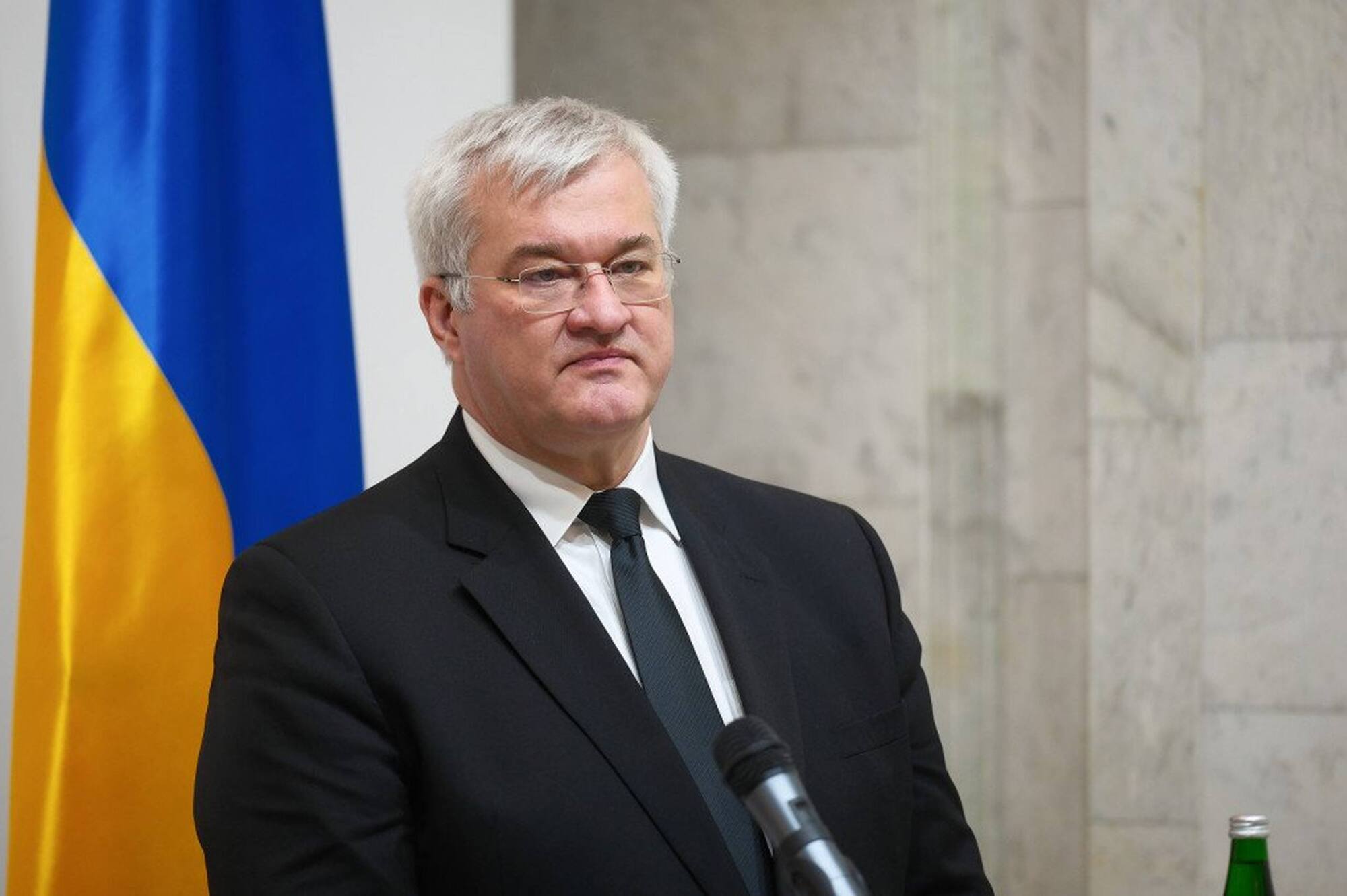Alarmingly Serious Diagnosis
The general immediately set the tone:
"The moment, in my opinion, is particularly serious. All strategic analytics of our security environment is currently being realized, and, unfortunately, the deterioration is accelerating."
The U.S. is Retreating, China is Rising, Russia is Preparing
The country's top military official described three key vectors of threats. According to him, the "film of the last twenty years" in U.S.-European relations shows an inexorable shift of Washington towards Asia:
"From several consecutive U.S. presidents, we see a consistent movement: in the area of defense, the United States is focusing on Asia. A few weeks ago, they decided to withdraw their troops from Romania, at a time when war is ongoing on our continent."
At the same time, China has become not only a demographic and economic giant but also a military one, capable of producing the most advanced systems—from drones to ballistic missiles.
"China is a power that today creates a military problem for the United States. It has demonstrated 'the best in the world' military equipment during recent parades."
He particularly emphasized the risk of confrontation around Taiwan: at the Pentagon, there is literally a clock counting down the days to 2027—a conditional horizon for a possible clash between China and the U.S.
The third "pillar" of threats is Russia. The chief of staff reminded of the sequence of Russian aggressions: Georgia (2008), Crimea (2014), full-scale invasion of Ukraine (2022).
"There is no reason to believe that this is the end of the war on our continent. Unfortunately, Russia is preparing for confrontation with our countries on the horizon of 2030."
Russia is increasing the number of its forces (from less than one million to 1.3 million, with plans to reach about 2 million by 2030), directing about 40% of its economy into the defense sector, and producing more weapons than it consumes on the front.
"It is clearly preparing for something bigger. It is convinced that Europeans are weak."
Africa and the Middle East: Instability on the Perimeter
A separate block of the speech was dedicated to the South. Africa is experiencing the consequences of climate change, economic imbalances, migration pressure, and the strengthening of terrorist groups.
"Leaders of terrorist groups that once operated in the Levant and Afghanistan are now in Africa. The Sahel is deeply destabilized, military regimes cannot restore order, and Russian expeditionary corps are only good at appropriating resources."
In the Middle East, the October 7 attack by Hamas on Israel was described by the general as "barbarism in its purest form," followed by the spread of hostilities and a threat to global trade in the Red Sea.
"We are Stronger than Russia. But We Lack the Willpower"
The general acknowledged that his view of the world is "very dark," but there is no other way to speak.
"We live in societies that have experienced the horrors of two world wars and then lived for decades in a peaceful environment, believing that peace is guaranteed forever. Unfortunately, there are those around us who have chosen the path of force."
Despite this, he emphasized several times: Europeans, and especially France, have real advantages—demographic, economic, industrial, and technological.
"We are fundamentally stronger than Russia. We have engineers and technicians who create the best in the world. Ukrainians today tell us that our SAMP/T system works better than the best American Patriot systems."
The main problem lies not in material resources but in psychological readiness:
"What we lack—and here your role is key—is the willpower to accept the necessity of 'inflicting pain on ourselves' to protect who we are. If a country is not ready to accept the loss of its children and economic efforts, we are in the risk zone."
Goal: Readiness in 3–4 Years
The chief of staff outlined the tactical horizon:
"I have set the armies the task of being ready within a horizon of three to four years. But I need the nation to be ready to support this effort if we have to deploy it."
He emphasized that the French army is one of the most combat-ready in Europe, but the correct level of response is collective European defense:
"Like in rugby: you can be the best player, but without a team, you can't win. Similarly, our defense will only be strong when we 'play as a team' with Europeans."
Mayors as the "Front Line"
A key part of the speech was dedicated to mayors and communities. The general directly called them "the first link of contact with the population."
"Our defense is built locally. Awareness is also formed locally. You are the best intermediaries, those who have the courage to be 'on the front line' in contact with our fellow citizens."
He highlighted four areas where communities have a special role:
Explaining threats and the meaning of defense efforts. Mayors must talk to people about Russia as the main risk and the nature of the current world.
"This is not 'Sunday reading' that people come to spontaneously. We need to talk about it, otherwise, there remains a feeling that all of this is far away."
Reserves and the connection between the army and society. The French armed forces number about 200,000 military personnel, but the state plans to double the reserve to 80,000 people.
"Support base" for military families. The general called communities "the rear of the army" in times of crisis.
"Our soldiers will fight with a free mind if they know that the support base is secure. I need your help to retain talent in the French army."
Training troops and attitudes towards maneuvers. The chief of staff asked mayors to understand large military exercises.
Defense as an Economy
To debunk the notion of defense merely as "expenses," the general specifically addressed the economic dimension.
"I know what efforts the nation is currently making in defense. This is taxes. But it needs to be explained that defense efforts are jobs and added value in our regions. For every 1 euro invested in defense, we have a return of 1.65 euros in our territories."
"We Will Be Up to the Task. But This Needs to Be Demonstrated"
In conclusion, the chief of staff stated:
"I have no doubt about the strength of the French army. I know that we will be up to the task."
At the same time, he warned:
"Our competitors are listening to us and know this. But this still needs to be demonstrated. We need to show that we have the will to defend ourselves."
This "demonstration of will" must take place over the next three years—through budgetary decisions, political signals, and engagement with public opinion.
The president of the Association of Mayors of France, summarizing the meeting, quoted the Roman proverb si vis pacem, para bellum ("if you want peace, prepare for war") and assured that the communities of France "will be up to the task—for the sake of the Republic and the Fatherland."





